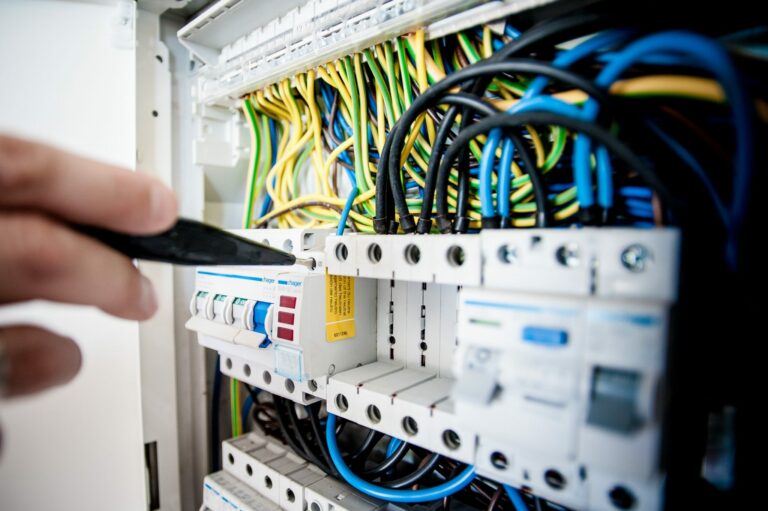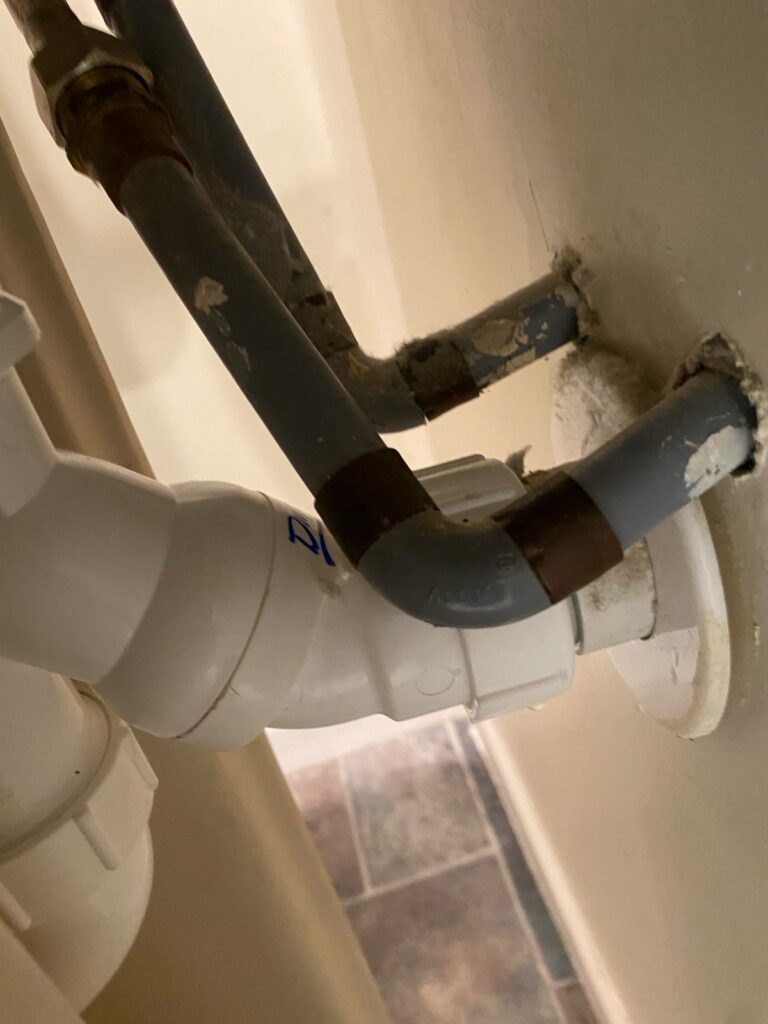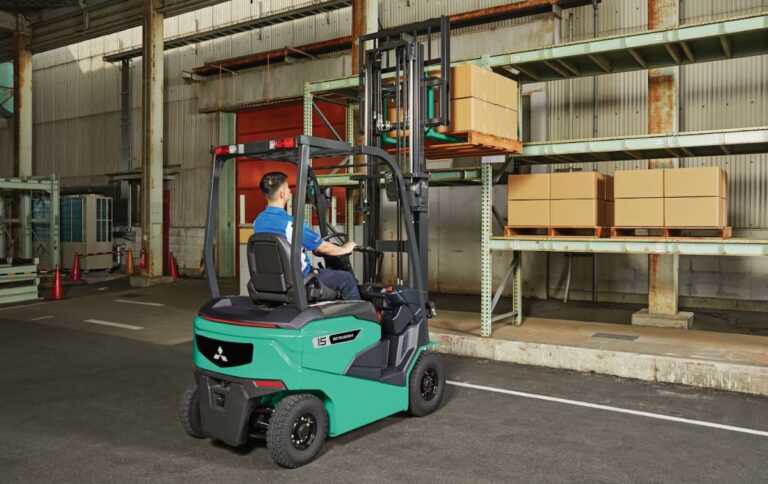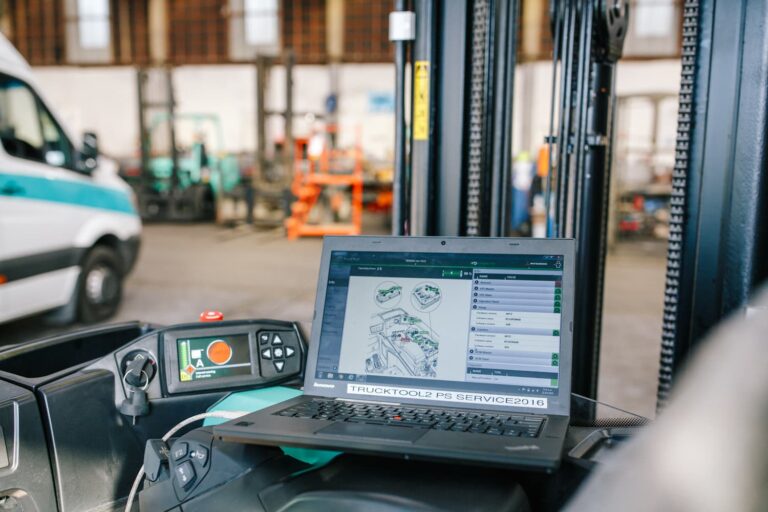The DIY trend: Electrical
DIY or “Do It Yourself” is a trending practice in fashion, home accessories, crafts, plumbing and now even electrical work! Building or repairing things yourself can be such a feel-good factor. And it’s something you can do with friends and family or take it up as a solo mission.
However, if you live in New Zealand, DIY electrical work can be an extremely tricky business.
The law in New Zealand tells you what electrical work you are allowed to legally do on your own. And what you cannot.
Though you might be tempted to save some money on electrical work, especially if you live in an expensive city like Auckland. Make sure to read on if you are planning on doing your own electrical work. You don’t want to end up breaking the law without even realising it and be prosecuted. Or damage appliances, cause a fire or hurt yourself or those around you!
Your expert electrician or those DIY videos on YouTube that you have watched probably make it look like fixing electrical appliances or installing your own wiring is easy but remember that it’s not as simple as it looks.
Electricians make it look easy because they have learnt how to do the work over a period of time. And they have been practising for years! If you don’t know exactly what you should be doing, you could risk the safety of yourself and those around you. By possibly getting an electric shock or even causing a fire if you do the wiring incorrectly.
Things to know before deciding to do your own electrical work
-
- The first and foremost requirement to doing electrical work is that you or your close family member MUST own the house in which you are doing electrical work. If you are renting, call an electrician.
-
- If you are an employer, employee, landlord, or tenant, and you use the building for commercial reasons. DIY electrical work is a complete NO-NO for you by law. Doing DIY electrical work could see you prosecuted. And you are likely to also invalidate your insurance cover on the building and contents in the event of a fire or other damage that could come from the electrical work.
-
- If you are a homeowner and plan on doing some electrical work, it is crucial to have the knowledge and skills required to do the work because, let’s face it, this is not the same as making your own candle or coffee mug. Make sure you know exactly what you are doing and that you do the work carefully. Take all the precautions that you need to, like turning the power off and not working where conductors or terminals are live or could become live. If you feel doubtful about what you should be doing, call a licensed electrician.
What electrical work are you allowed to DIY by law?
-
- By law, you are only allowed to perform electrical work that requires low-voltage installations.
-
- You are only allowed to perform electrical work considered low risk, such as removing or replacing light sockets, switches, water heater switches, fuse links, or thermostats. Be sure to turn off the electricity supply at the switchboard before working on any wiring.
-
- You can connect and disconnect or replace existing fixed-wired appliances. Make sure you are confident about what you are doing first.
-
- If you are thinking of installing, altering or extending sub-circuits, you must get this tested by a licensed electrician. Whenever you are adding anything that will draw more power on the circuit than is currently drawn, this rule applies.
You also need to get your electrician to connect your work to the electricity supply. And, of course, remember to not work on any live conductors because you could electrocute yourself. If you have the slightest doubt about what you should be doing with the sub-circuits, the safest thing for you to do is to call a licensed electrician.
- If you are thinking of installing, altering or extending sub-circuits, you must get this tested by a licensed electrician. Whenever you are adding anything that will draw more power on the circuit than is currently drawn, this rule applies.
-
- You are allowed to extend or alter a cable, but you are not allowed to extend or alter a main cable that comes from the street to your switchboard.
-
- If you plan on doing your own wiring, be extremely careful and only do it if you are confident enough. Do not experiment with it. Once you are done, you are required to call an electrician to check it and sign off on it for you.
While a New Zealand homeowner who is not an electrician can technically do these electrical jobs. It is crucial to re-emphasise the importance of calling an electrician. If you are not 100% confident about how to perform electrical work, it is not worth risking your safety or the safety of those around you for the sake of experimenting. If you enjoy risk, try skydiving instead!
Other sites you should check out for the latest rules and regulations are:
- New Zealand Legislation Electricity Act: Section 79
- New Zealand Legislation Electricity Act: Section 80
- Worksafe NZ Electrical Codes of Practice
Electrical work that you are not allowed to do according to NZ law
-
- Do not work on any switchboards unless you are working on a fuse wire or a fuse cartridge.
-
- Do not mess with the main supply of electricity.
-
- Do not connect the wiring yourself. An electrician should do this.
-
- In general, you can repair or replace existing electrical outlets, but you are not allowed to add additional outlets that will draw more electricity. By law, only an electrician is allowed to do this. For example, you cannot install a heat pump on your own as it would require an additional electrical outlet to function and will increase the amount of electricity used in the circuit. That’s why heat pump installers have qualified electricians on their team for installations.
While you might be tempted to do your own electrical work, the best course of action is to call an electrician because they possess knowledge that you don’t.
Ensure that your electrician is licensed and issues a certificate of compliance.
Your Local Electrician
If you are looking for an electrician near you, here is a list of reliable electricians
For an electrician in Auckland Central, North Shore and West Auckland, contact
Jenco Electrical
Website: https://www.jenco-electrical.co.nz/
Contact number: 0800 453 626
For an electrician in Hamilton, contact
Leading Edge Electrical
Website: https://www.leadingedgeelectrical.co.nz/
Contact number: 0800 453 234
For an electrician in Christchurch or Canterbury, contact
Skilled Electrical
Website: http://www.skilledelectrical.co.nz/
Contact number: 03 382 1668
Get your business noticed by creating an online directory listing. Listings are FREE and you can create as many as you need.
- Get found by locals



